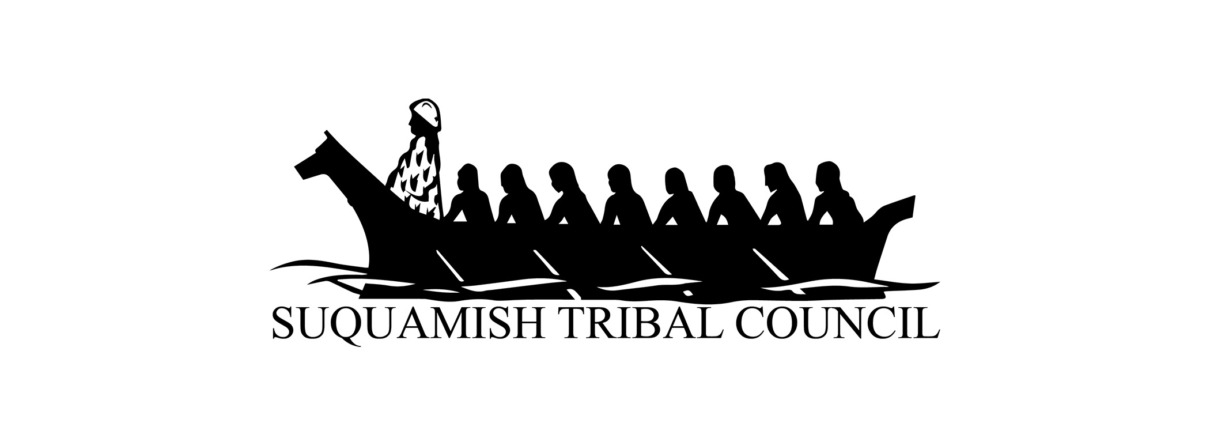Suquamish Tribal Council’s statement on Resumption of Government-to-Government Relations with the City of Poulsbo
Two and a half years ago, the Suquamish Tribe suspended our close relationship with the City of Poulsbo. Our decision came some months after the police shooting death of Stonechild Chiefstick and follow-on events that left our community reeling.
We are pleased to announce we are taking the first steps towards normalizing relations with the City as a result of a series of actions that have helped to alleviate tensions.
Background
Since 2005, representatives of the City’s and Tribe’s councils have met regularly to discuss issues of mutual concern, including the environment, treaty fishing rights, growth management, education, and public safety. The Tribe suspended this relationship some months following the July 3, 2019, fatal shooting of Chiefstick after police responded to a 911 call and confronted him in a crowd gathered along Poulsbo’s waterfront to watch fireworks. Chiefstick, a father of five, was a member of the Chippewa Cree Tribe and the Suquamish community. His death left the community shaken and angry. As the elected representatives of the Tribe, we had to ask ourselves whether there was sufficient safety for Tribal members who live, work or visit Poulsbo, and whether there was sufficient understanding to resume meeting with city officials.
Later events added salt to the wound. Chiefstick’s makeshift memorial at Poulsbo’s waterfront park was repeatedly desecrated, once by a Port of Poulsbo Commissioner, who was arrested (but not charged) for a drunken tirade against Native Americans. The officer who shot and killed Chiefstick was not criminally charged by the Kitsap County Prosecutor nor disciplined by the City of Poulsbo, and remains on the force. Tribal community members and others who brought concerns to City leaders felt unheard and dismissed.
Since that time, the City of Poulsbo has taken the following important steps:
- The City hired new Police Chief Ron Harding, who has taken significant action to reshape community policing culture. His policies now require extra hours of in-depth officer training (funded by the City), emphasizing de-escalation, crisis intervention, implicit bias, cultural awareness, compassion for those struggling with mental health and/or addiction, less lethal tools, and using force only as a last resort. He and the City increased their previous halftime Behavioral Navigator, social worker Jamie Young, to fulltime. She works with officers to understand and respond effectively during encounters with those affected by trauma, poverty, mental illness, and substance addiction; she coordinates closely with the CARES program (below).
- In partnership with the Poulsbo Fire Department (and others), the City launched CARES, a proactive multi-disciplinary intervention program that responds to individuals struggling with behavioral health issues. It helps them obtain care for medical, mental health, substance abuse disorders, and other needs. The City’s Housing, Health, and Human Services director, Kim Hendrickson, has been instrumental in coordinating with the Police Department and CARES to enhance first responders’ abilities to prevent their encounters with the public from turning deadly.
- The City responded positively to calls for the public art at the Highway 305-Johnson Parkway roundabout to include visual acknowledgements of the Suquamish presence in this region with original Native art and language.
- The City settled a civil lawsuit brought by Chiefstick’s family.
- The City has issued statements acknowledging the suffering endured by Chiefstick’s family and the community at large.
- The City has become an active member of the Government Alliance for Racial Equity (GARE), which comprises government leaders nationwide striving to combat racial injustice and to make their governments more diverse and equitable.
Next steps
We have followed these developments within Poulsbo’s city government, aided by our Tribal Council’s Emissary, retired Judge Robin Hunt; she has acted as a go-between while formal Tribal communications with the City were suspended. We are now ready to re-engage government-to-government relations.
We hope to re-establish our shared work, and discuss ways that first responders (including law enforcement) and mental health and social work professionals from our respective communities might collaborate to address mental health and substance abuse emergencies. We also want to renew elected leader discussions on growth management, water quality, and marine habitat protection.
We are encouraged that a continued focus on mutual respect, appropriate law enforcement, and accomplishing shared goals will provide a foundation for productive collaboration for years to come.
Signed,
Suquamish Tribal Council Chairman Leonard Forsman
Vice Chairman Joshua Bagley
Secretary Windy Anderson
Treasurer Denita Holmes
Sammy Mabe
Luther “Jay” Mills Jr.
Rich Purser


